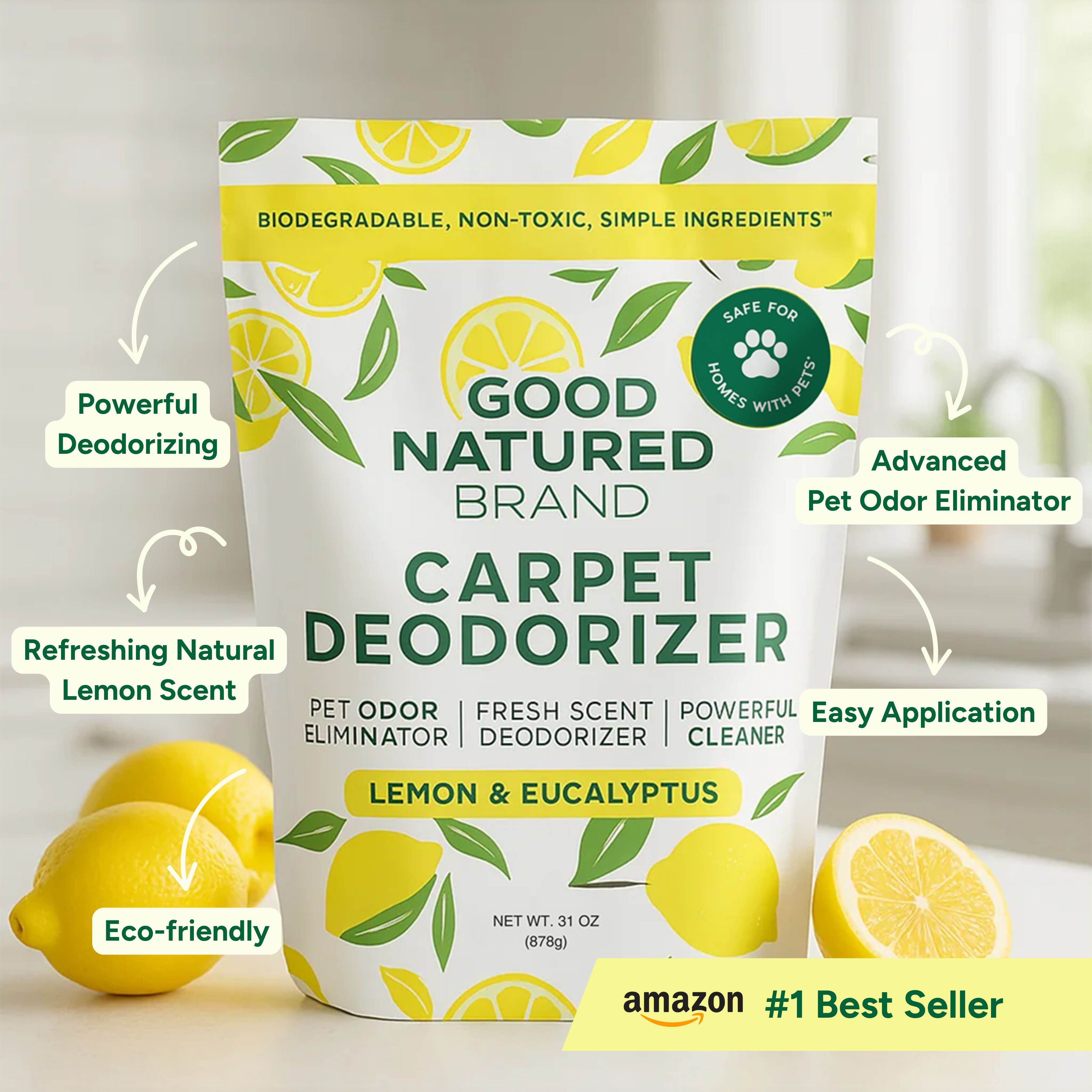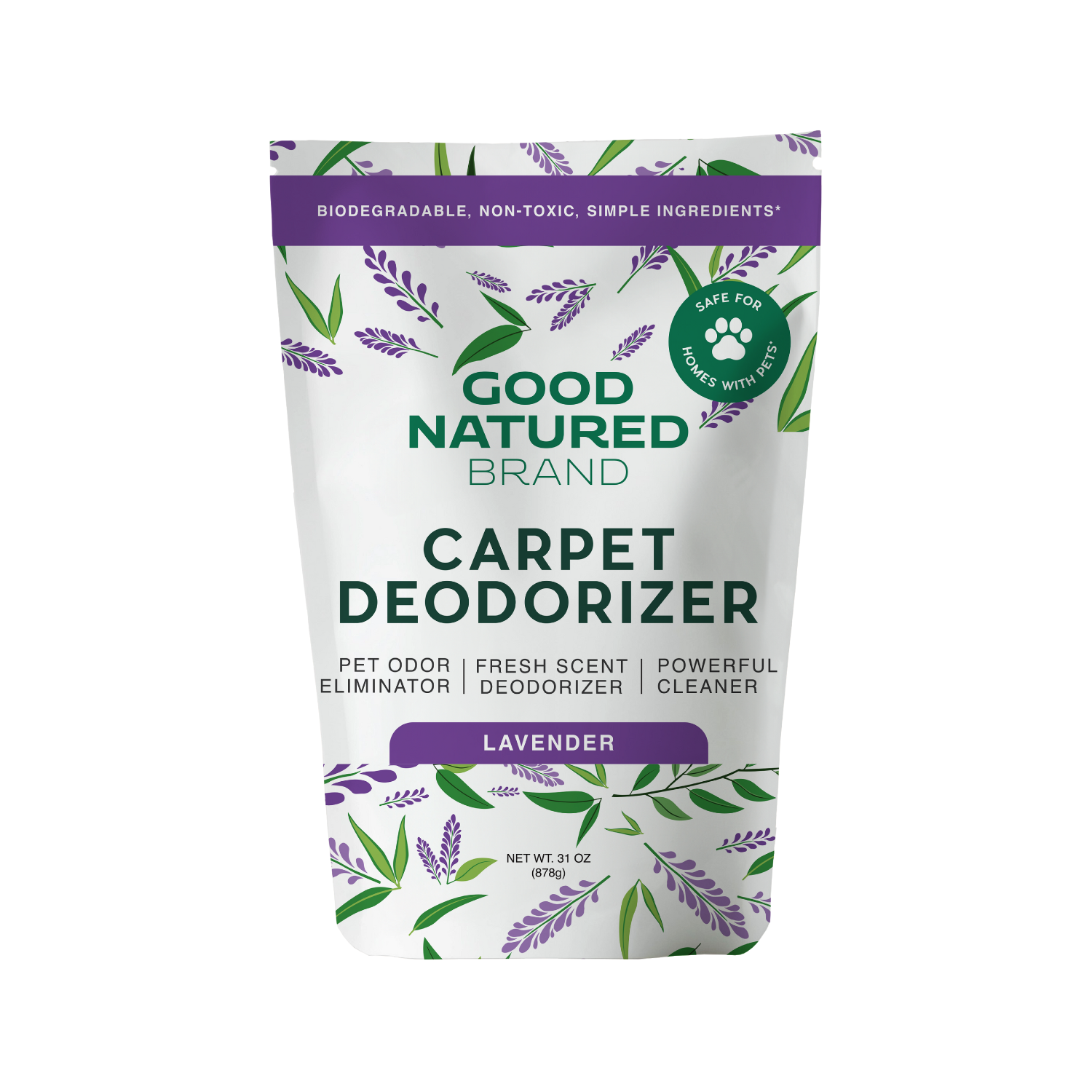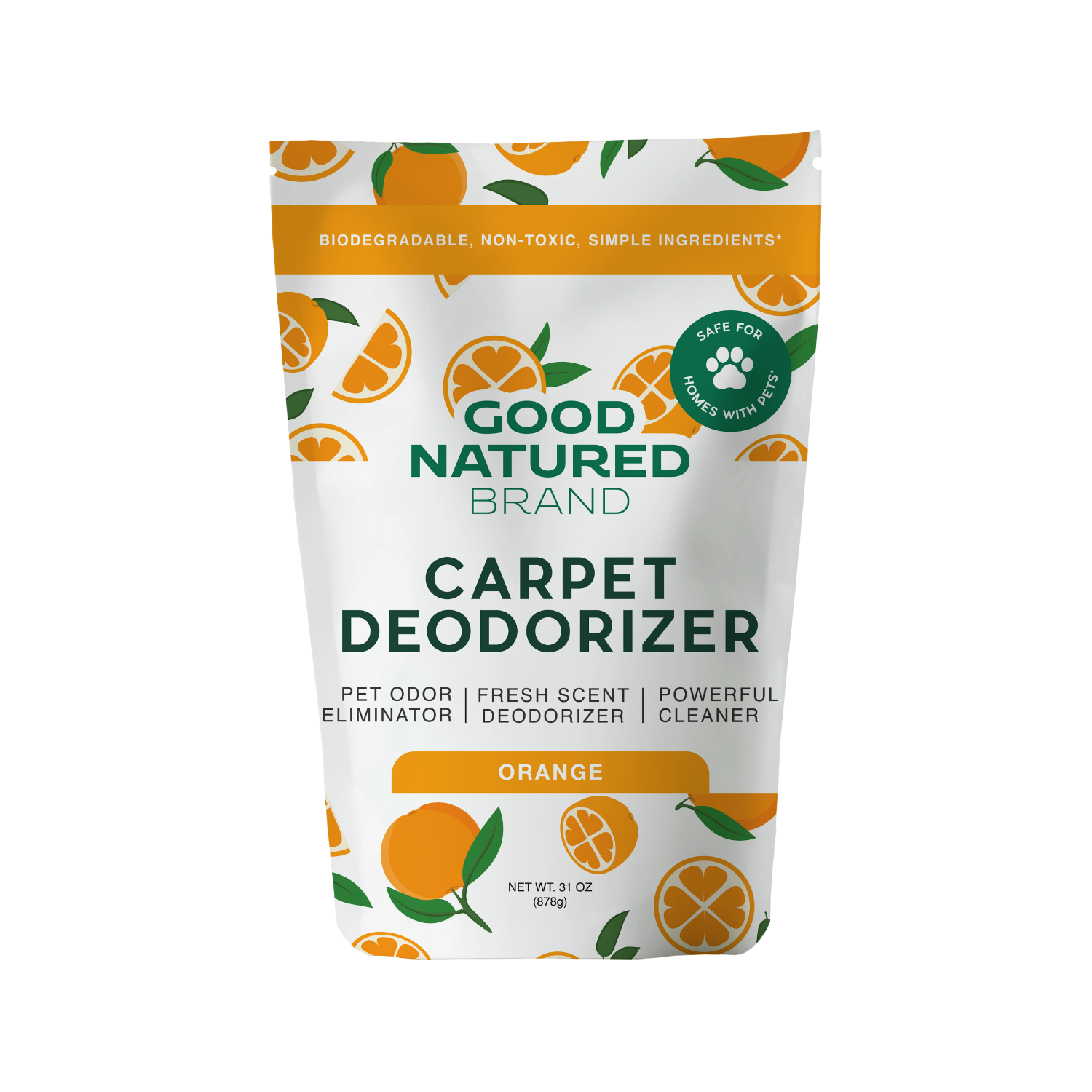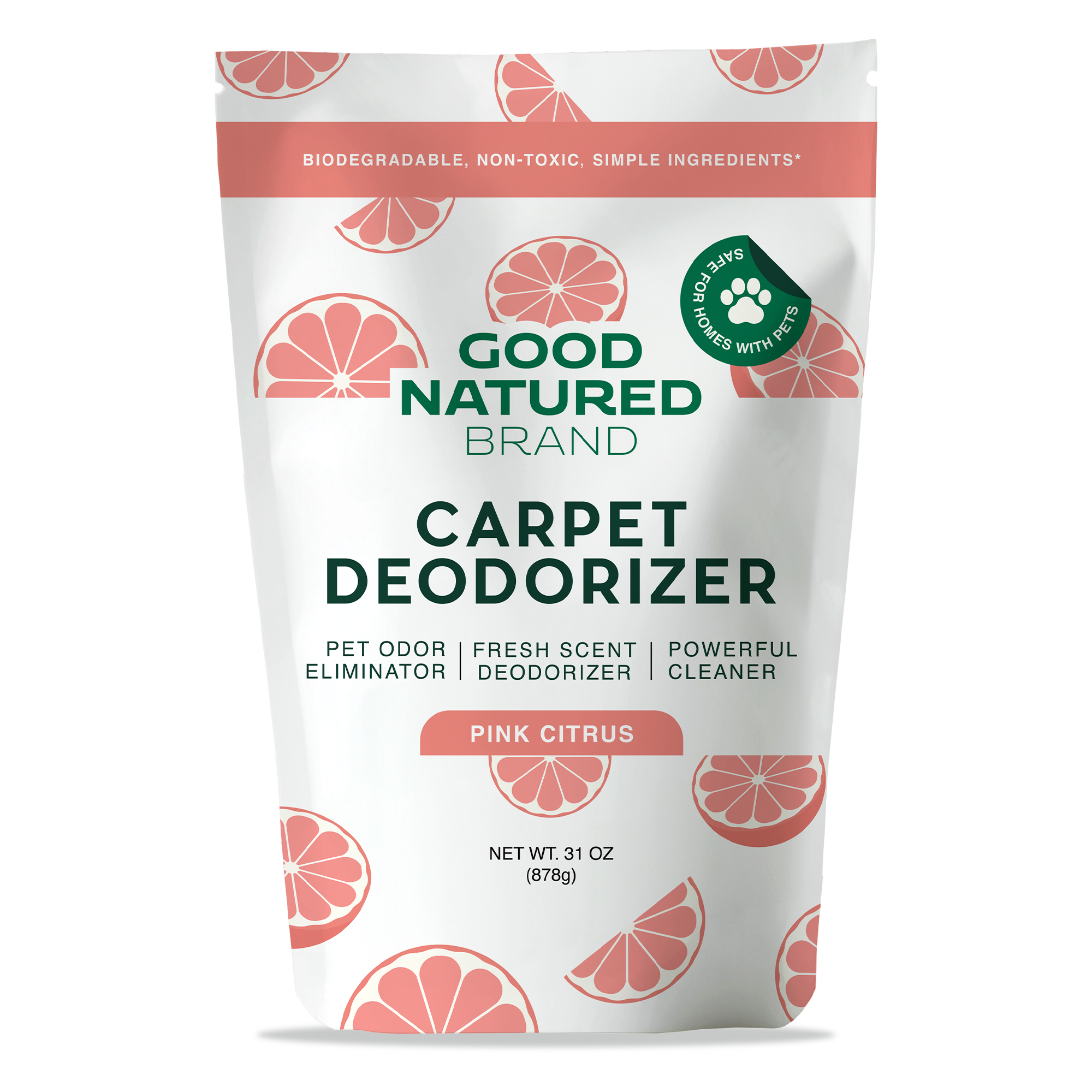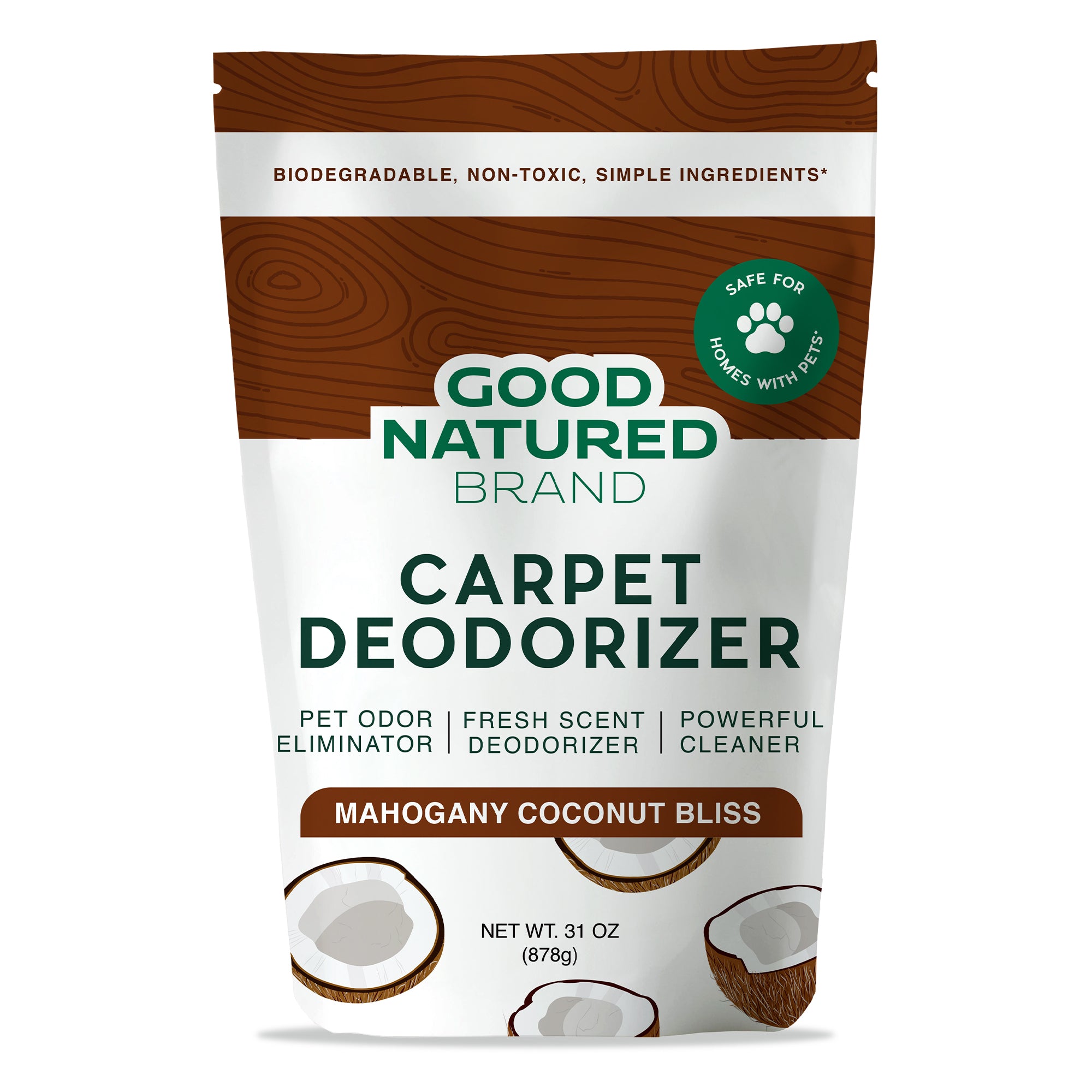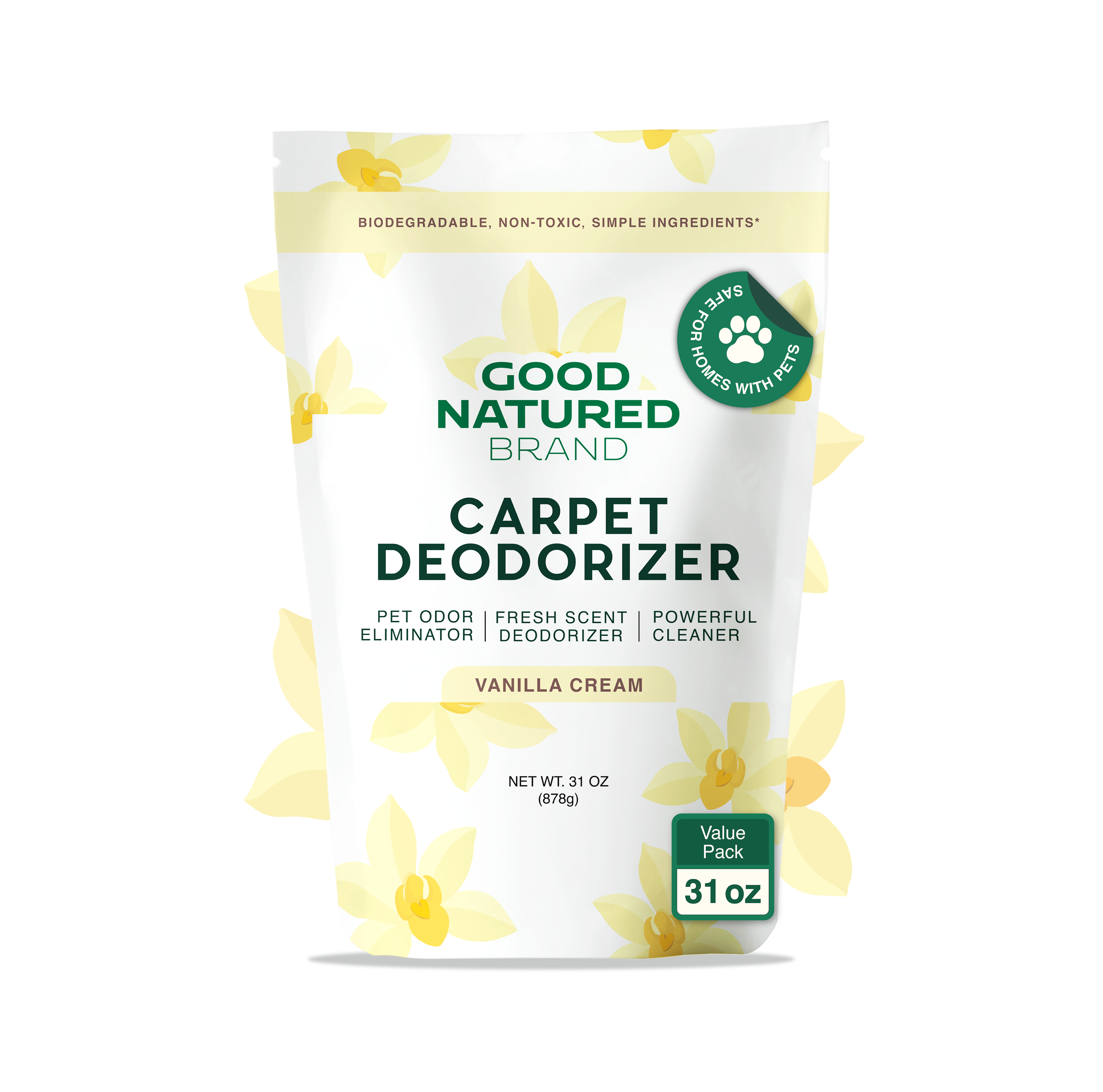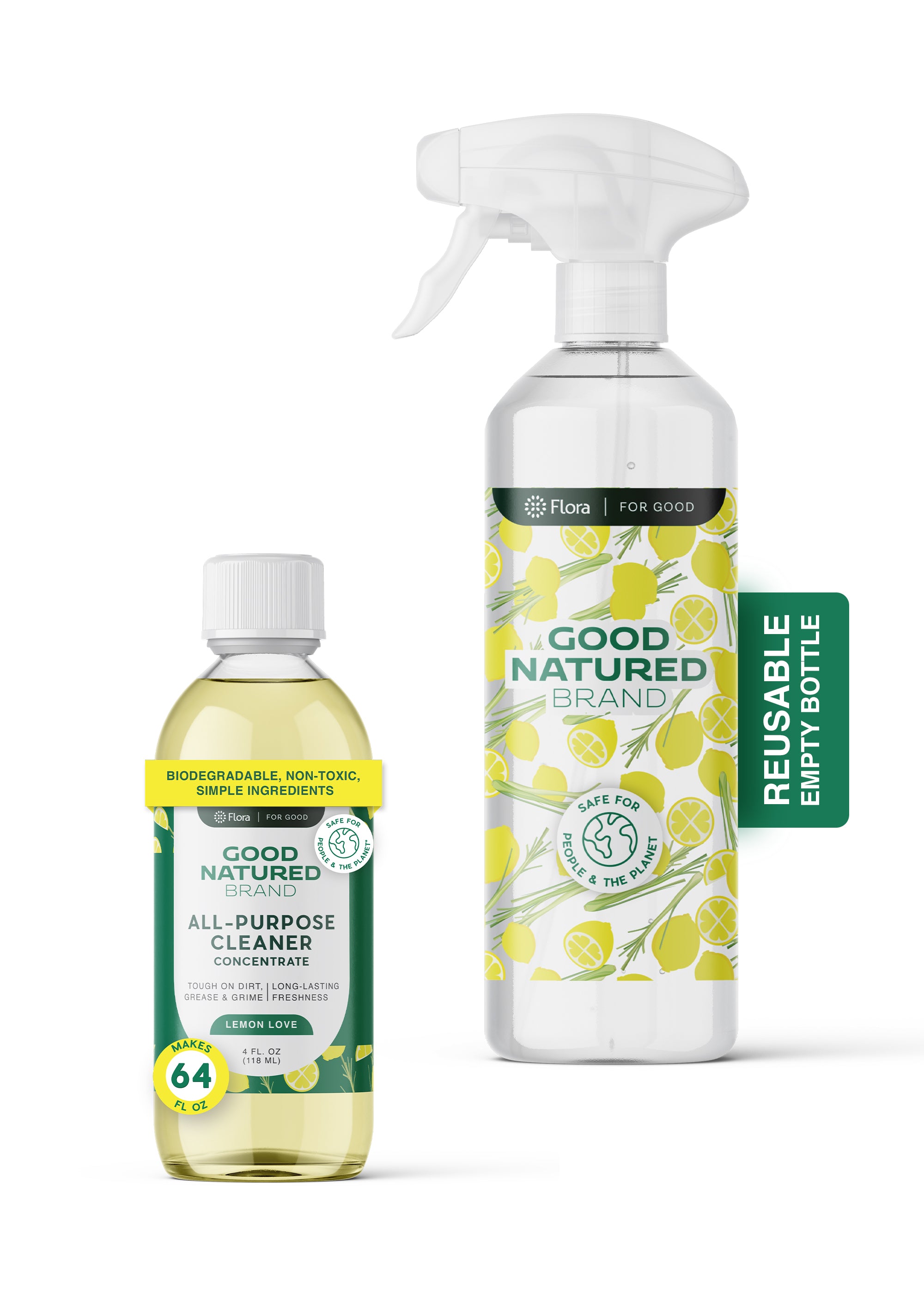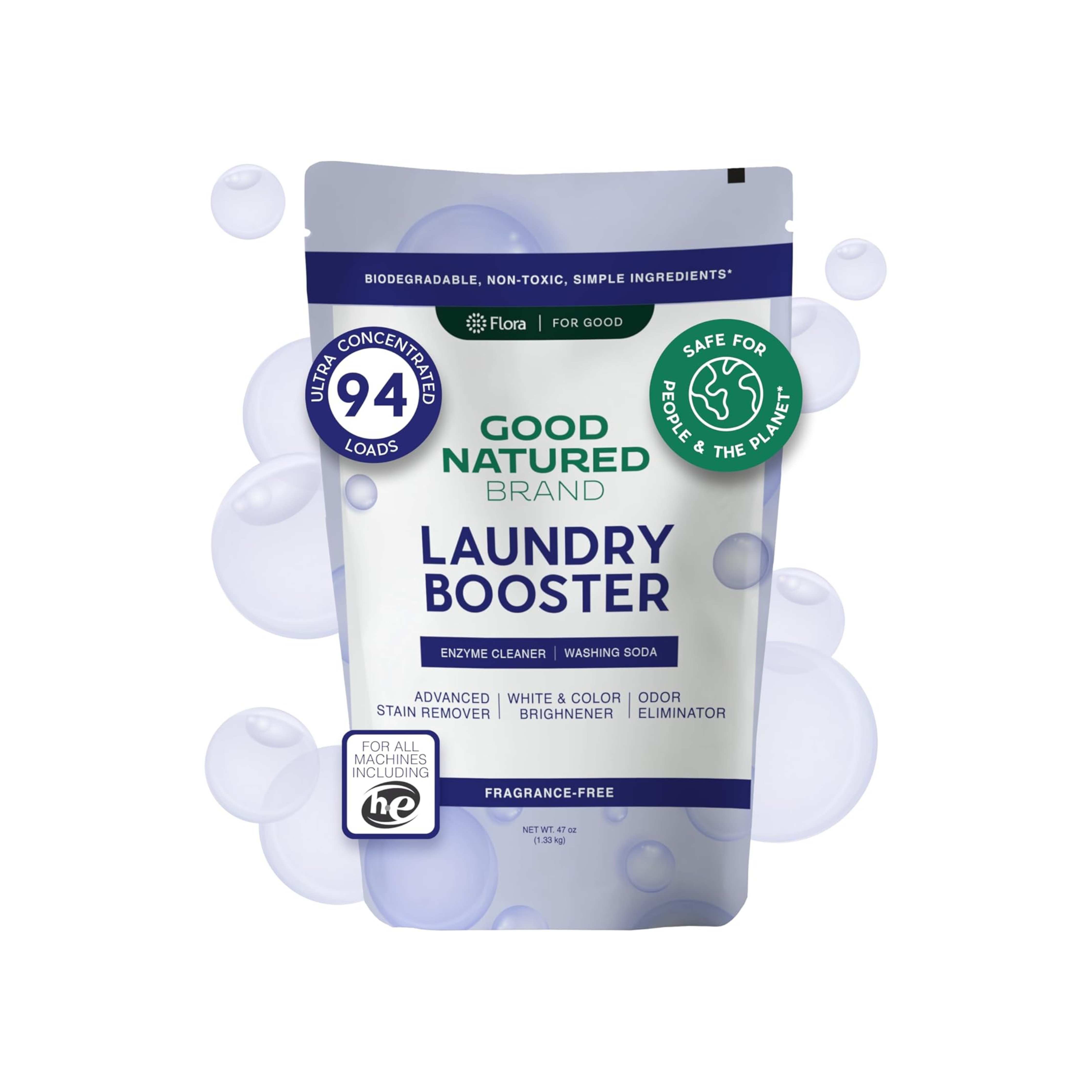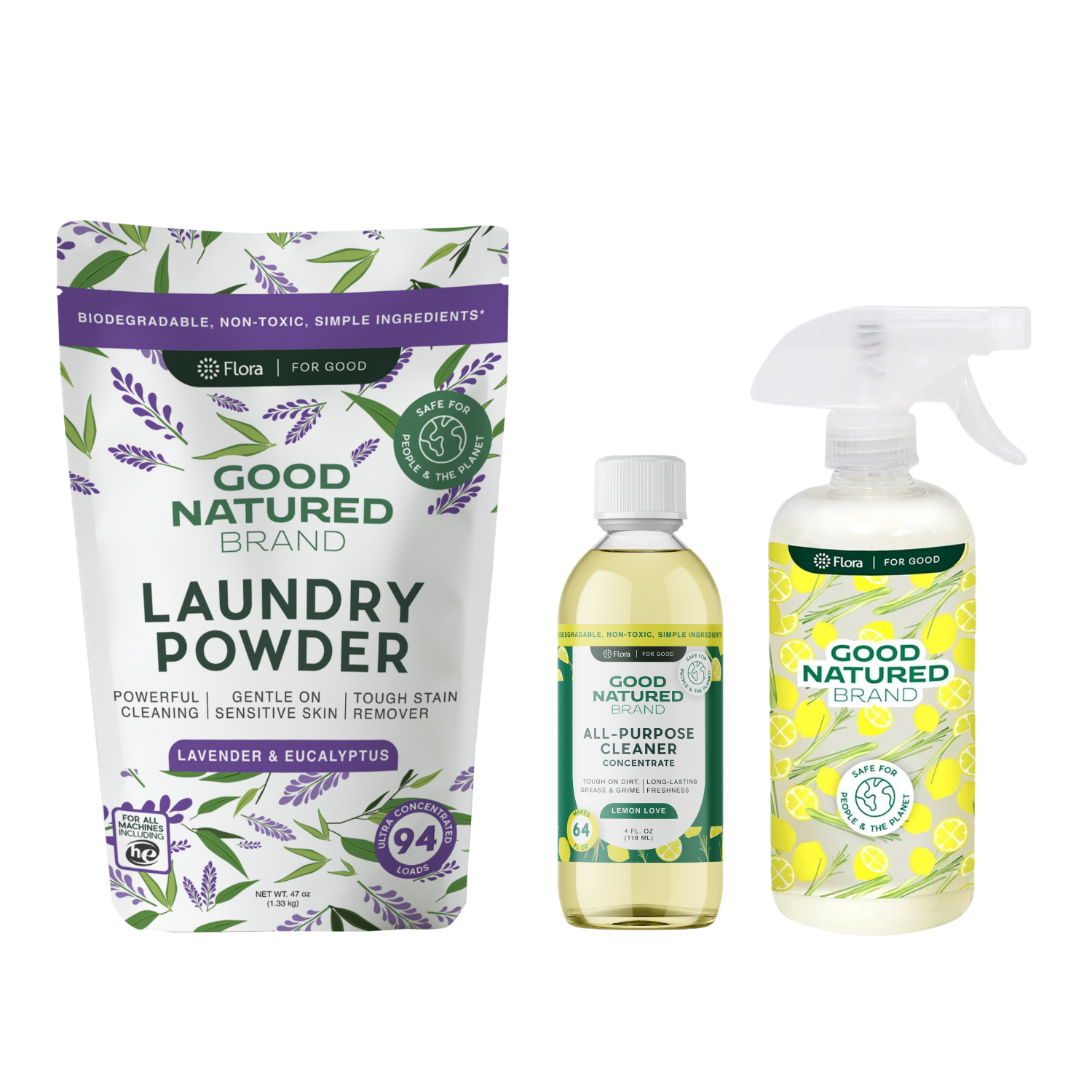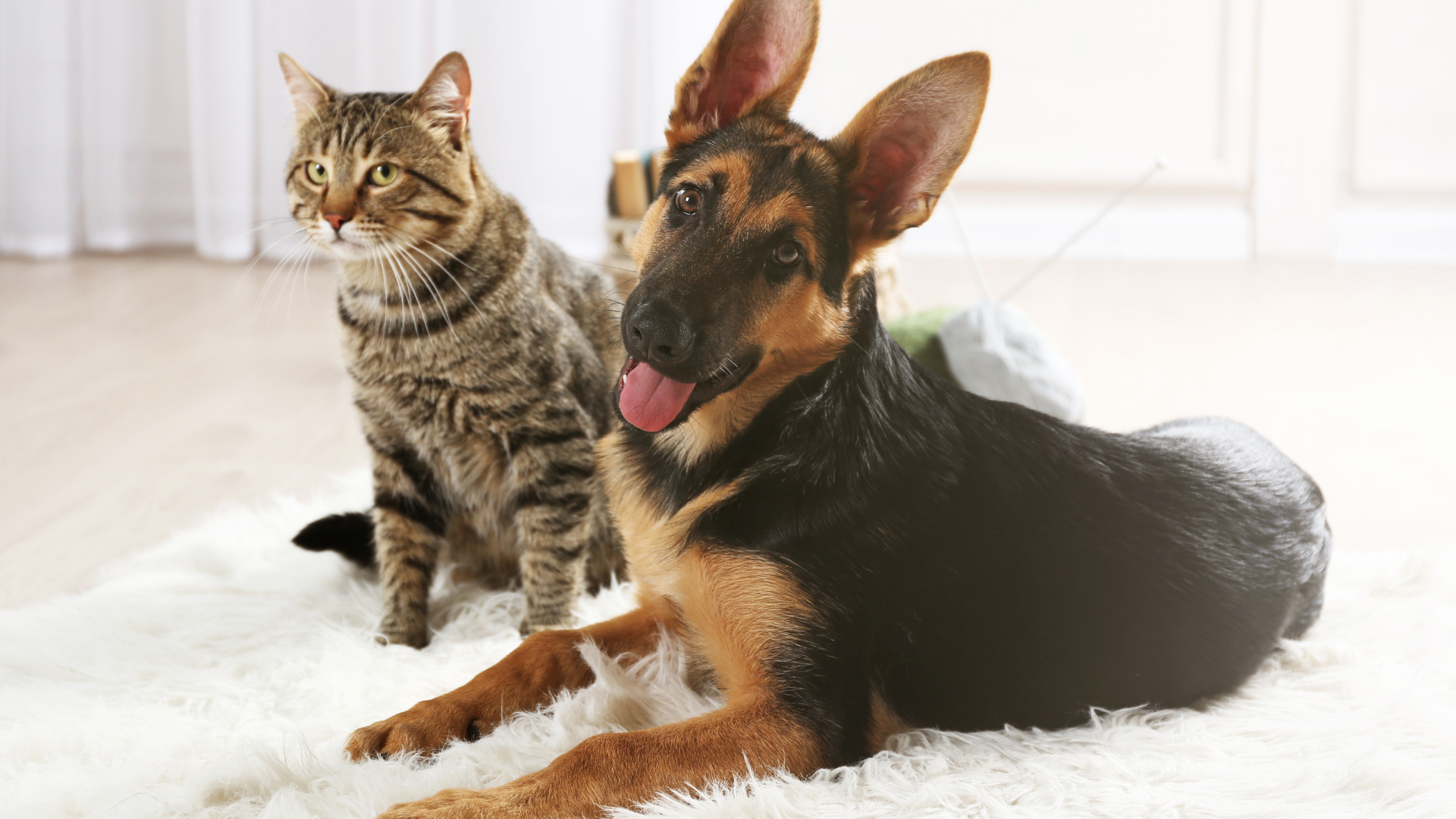If you’ve ever watched your cat meticulously bury their waste in the litter box, you may have wondered: why do cats cover their poop? It’s a behavior most felines share, yet few owners truly understand its origins or purpose. What seems like a simple act of cleanliness actually reflects deep-rooted instincts, territorial behavior, and even communication strategies passed down from their wild ancestors.
In this comprehensive guide, we’ll explore the fascinating science and psychology behind this behavior, what it means when your cat doesn’t cover their poop, and how you can support their natural habits while keeping your home clean and odor-free.
If you’re passionate about understanding your pet’s behavior and keeping a naturally fresh home, you can find more helpful pet care articles on the Good Natured Brand Blog.
The Instinctual Reason Cats Cover Their Poop
At the heart of this curious behavior lies instinct. In the wild, cats bury their feces to avoid detection by predators and maintain social hierarchies within their territories. This trait has survived thousands of years of evolution and is now part of the domestic cat’s genetic blueprint.
Wild felines—especially those lower in dominance—cover their poop to hide their scent from stronger, dominant cats and potential predators. By masking their waste, they protect themselves and signal submission. Meanwhile, dominant cats may intentionally leave their poop uncovered to assert authority and mark their territory through scent.
Even though your cozy indoor cat isn’t worried about predators or rivals, these behaviors are still deeply ingrained. Covering poop is simply their way of saying, “I’m safe here, but I still respect the territory.”
To support your cat’s instinctual need for cleanliness, keeping their litter area fresh is essential. You can maintain a naturally clean home by wiping surrounding surfaces with Good Natured Brand All-Purpose Cleaners, which are pet-safe and made without harsh chemicals that could irritate your cat’s senses.
Do All Cats Cover Their Poop?
Not all cats bury their poop—and that’s completely normal. While most cats are tidy by nature, some prefer to leave their droppings exposed for a variety of reasons.
Cats may skip covering their poop due to:
-
Dominance or territorial assertion: Just like wild cats, a confident housecat might leave their waste uncovered to communicate ownership.
-
Health issues: Joint pain, arthritis, or paw injuries can make digging uncomfortable.
-
Dirty litter boxes: Cats are famously fastidious; if the litter box smells bad or feels unclean, they might refuse to use it properly.
-
Stress or anxiety: Environmental changes like new pets, loud noises, or moving homes can disrupt normal habits.
If your cat doesn’t cover their poop, it’s not always a behavioral problem—it can be their way of expressing discomfort or asserting confidence. Observe other behavioral cues and keep their litter area clean and inviting.
Regularly cleaning up lingering odors can make a big difference in encouraging good litter habits. Natural odor control solutions like Good Natured Brand Carpet Deodorizers work wonders for eliminating pet smells in the surrounding area without artificial fragrances or chemicals.
What Does It Mean When Cats Don’t Cover Their Poop?
When a cat stops covering their poop altogether, it may indicate more than personality—it could be a signal of distress, illness, or environmental dissatisfaction.
Here are the most common reasons behind this change:
1. Territorial Behavior:
Some cats intentionally leave poop uncovered to mark their territory. This can happen in multi-cat households or if outdoor cats are nearby, making your cat feel the need to reassert dominance.
2. Litter Box Aversion:
If the litter box is too small, too dirty, or placed in a noisy area, your cat might avoid covering their waste—or skip the box entirely.
3. Physical Discomfort:
Older cats or those with joint issues might find it painful to dig and cover their poop. If you notice stiffness or reluctance, consult your vet.
4. Stress or Change in Routine:
Moving homes, adding a new family member, or even rearranging furniture can trigger subtle behavioral shifts in cats.
To help your feline friend feel comfortable again, ensure their environment is calm, consistent, and clean. Keeping surfaces fresh and free from pet odors with Good Natured Brand All-Purpose Cleaners and nearby fabrics washed with Good Natured Brand Laundry Powders can create a space your cat feels safe in.
How Cleanliness Plays a Role in Why Cats Cover Their Poop
Cats are naturally clean animals. They spend hours grooming themselves and prefer tidy environments. Covering poop is an extension of that instinctual desire for hygiene and order.
A clean litter box appeals to your cat’s natural behavior, while a dirty one may drive them away or cause them to skip burying altogether. Litter that clumps easily and boxes that are scooped daily encourage covering.
Moreover, cats have an incredibly strong sense of smell—14 times stronger than humans! What might seem like a faint odor to you can be overpowering to them. That’s why keeping their surroundings fresh with pet-safe cleaning products is essential.
To maintain that balance of cleanliness and safety, use Good Natured Brand Carpet Deodorizers around litter box areas to absorb unwanted odors, and wipe down nearby surfaces with Good Natured Brand All-Purpose Cleaners. These plant-based cleaners effectively remove dirt and grime without leaving chemical residues that might discourage your cat from using the litter box.
The Science of Scent: Why Cats Are Sensitive to Their Own Smells
Scent plays a massive role in feline behavior. Cats rely heavily on smell to navigate their world, communicate, and mark territory. Covering their poop helps them manage scent cues and maintain a sense of safety.
In the wild, covering waste keeps predators from picking up their trail. It also prevents rivals from detecting their presence. In domestic life, cats still rely on scent for comfort and security—even if there’s no real threat.
Interestingly, cats also use their scent to identify familiar environments. Their poop contains pheromones that convey messages to other animals, such as “this is my space” or “I was here.” When your cat buries their waste, they’re effectively muting their scent signal—a sign that they feel at ease and don’t need to assert dominance.
For this reason, it’s important not to overwhelm your home with artificial fragrances or strong cleaning agents that disrupt their scent world. A cat’s nose can detect even trace residues of chemicals, which can discourage them from using the litter box. Instead, rely on unscented, natural products like Good Natured Brand All-Purpose Cleaners, which clean effectively while being gentle on sensitive pets.
How Many Times a Day Should Cats Poop and Cover It?
A healthy adult cat usually poops once or twice per day, though diet, hydration, and stress levels can influence frequency. The consistency should be firm but not hard, and your cat should cover it shortly after elimination.
If you notice your cat skipping poop sessions, leaving waste uncovered, or showing signs of discomfort, it might be time for a vet visit. These changes can indicate digestive issues or stress.
Keeping the litter area fresh and inviting can encourage proper bathroom behavior. If you use fabric mats or washable litter liners, clean them weekly with Good Natured Brand Laundry Powders to remove bacteria and odors naturally. This supports a hygienic space your cat will be more likely to use and cover their waste in.
The Connection Between Stress and Litter Box Behavior
Cats are creatures of habit. When something in their environment changes—like a new pet, rearranged furniture, or a different litter brand—it can cause stress that affects litter box behavior.
A stressed cat might poop outside the box, leave poop uncovered, or avoid the box altogether. To help, focus on consistency, calmness, and cleanliness.
-
Keep litter boxes in quiet, low-traffic areas.
-
Scoop daily and wash weekly.
-
Avoid strong scents or chemical cleaners that can overwhelm them.
Creating a peaceful, clean environment can restore your cat’s natural instincts to cover their waste. If you want more ideas for managing stress and cleanliness in pet households, explore the Good Natured Brand Blog for helpful guides on maintaining a healthy, eco-friendly home.
How to Encourage Your Cat to Cover Their Poop
If your cat doesn’t cover their poop regularly, don’t worry — this behavior can often be encouraged with patience and environmental adjustments. Cats like to feel secure, and their litter habits are closely tied to comfort, cleanliness, and routine.
Here are some steps you can take:
-
Keep the litter box spotless. Scoop daily and clean it weekly. Cats are unlikely to bury their waste in a dirty box.
-
Choose the right litter texture. Some cats dislike coarse litter. Fine-grain or sand-like textures mimic natural soil and encourage covering.
-
Avoid strong scents. Overly perfumed litters or harsh cleaning products can irritate your cat’s sensitive nose. Opt for natural options that don’t mask odors with artificial fragrances.
-
Provide enough litter depth. Cats need enough material to dig and cover. Around 2–3 inches of litter is ideal.
-
Ensure privacy. Place litter boxes in quiet, low-traffic areas.
Maintaining a calm and clean space around your cat’s litter area encourages natural covering behavior. Regularly clean nearby surfaces using Good Natured Brand All-Purpose Cleaners — a pet-safe, eco-friendly choice that helps eliminate odors and residue without harmful chemicals.
Create the Perfect Litter Box Setup
A comfortable, accessible litter box setup makes a world of difference in your cat’s bathroom behavior. Cats want their litter boxes to feel safe, private, and clean — much like how humans prefer a tidy bathroom.
Tips for creating the ideal litter environment:
-
Box size: Choose a box that’s at least 1.5 times the length of your cat. This allows room for turning, digging, and covering.
-
Number of boxes: Follow the “1 box per cat + 1 extra” rule. Multi-cat households benefit from multiple boxes to prevent territorial disputes.
-
Location matters: Avoid placing litter boxes near noisy appliances or food areas.
-
Regular deep cleaning: Once a week, wash the box with mild soap or an eco-safe cleaner such as Good Natured Brand All-Purpose Cleaners.
For extra freshness, you can sprinkle Good Natured Brand Carpet Deodorizers near litter areas. They naturally neutralize odors without synthetic perfumes — perfect for homes where cats’ sensitive noses need consideration.
Clean Litter Boxes the Right Way
Cats are very particular about cleanliness, and the way you clean their litter box can directly affect whether they continue to use it properly.
Here’s a simple but effective cleaning routine:
-
Scoop daily to remove waste and keep the box smelling fresh.
-
Wash weekly using warm water and Good Natured Brand All-Purpose Cleaners. Avoid bleach or ammonia — their strong smells can deter cats from using the box again.
-
Dry thoroughly before adding new litter to prevent mold growth.
-
Replace litter fully at least once a week.
Remember that cats associate their litter box with comfort and safety. A clean, odor-free box encourages your cat to cover their waste naturally.
Managing Cat Odors Naturally in Your Home
Even the cleanest cat parents know that litter box smells can linger. Thankfully, maintaining an odor-free home doesn’t require harsh chemicals or artificial fragrances. Natural cleaning solutions work just as well — and they’re safer for your cat’s sensitive respiratory system.
Try these effective odor-control strategies:
-
Sprinkle Good Natured Brand Carpet Deodorizers around litter box areas or rugs where your cat spends time. These absorb odors naturally without masking them.
-
Wash pet bedding, towels, and litter mats regularly with Good Natured Brand Laundry Powders. They’re free from dyes and artificial scents, leaving fabrics clean and soft.
-
Wipe surfaces, floors, and litter box exteriors with Good Natured Brand All-Purpose Cleaners to remove pet residue and dander safely.
A naturally fresh home not only improves your cat’s litter box habits but also helps reduce stress — a common cause of behavioral changes.
Why Some Cats Over-Cover or Scratch Excessively
Some cats seem to spend more time scratching around the litter box than actually covering their waste. This is usually harmless, but it can sometimes indicate over-compensation or discomfort.
Possible reasons include:
-
Instinctual habit: Over-scratching is part of a cat’s natural attempt to bury scent.
-
Uncomfortable litter texture: Rough or clumping litter might irritate paws.
-
Stress or anxiety: Changes in the home environment can trigger obsessive behaviors.
Try switching to a softer litter, keep the area quiet, and ensure the box is always clean. You can also reduce overall household stress by maintaining a peaceful, odor-free environment with natural cleaners. Cats thrive when their surroundings feel calm and predictable.
Outdoor Cats vs Indoor Cats — Poop-Covering Differences
Outdoor cats often have different poop-covering habits compared to their indoor counterparts. In the wild, feces serves as both a territorial marker and a form of communication. Dominant outdoor cats may leave poop uncovered to mark boundaries, while more submissive cats cover theirs to stay hidden.
Indoor cats, however, rarely need to mark territory. Their behavior leans toward cleanliness and habit — they cover waste to keep their environment tidy and scent-free.
For indoor cats, maintaining an odor-free space mimics the cleanliness they instinctively crave. Regularly use Good Natured Brand All-Purpose Cleaners on hard floors and surfaces and Good Natured Brand Carpet Deodorizers on rugs or carpets near litter areas.
What If Your Cat Covers Poop Outside the Litter Box?
When your cat covers poop or scratches the floor outside the litter box, it’s usually a sign of confusion or dissatisfaction with the litter setup.
Common causes:
-
Dirty litter box
-
Dislike for the litter’s texture or scent
-
Box placed in a noisy or high-traffic area
-
Medical issues (e.g., urinary tract infections)
To clean up accidents safely, follow these steps:
-
Blot and remove solids immediately.
-
Wipe the area with Good Natured Brand All-Purpose Cleaners to disinfect without toxic residue.
-
Sprinkle Good Natured Brand Carpet Deodorizers to neutralize lingering smells naturally.
-
Wash any soiled fabrics with Good Natured Brand Laundry Powders.
These steps eliminate odors completely — which is crucial since residual smells can attract your cat back to the same spot.
Fun Facts About Cats and Their Bathroom Habits
-
They dig before and after pooping: This is a holdover from their wild ancestors who buried waste to hide their scent.
-
Not all cats cover every time: It’s a mix of mood, dominance, and environment.
-
Kittens learn by watching their mother: Litter box etiquette is often passed down through observation.
-
Some cats “fake bury”: They’ll go through the motions of scratching but not actually cover — it’s their version of minimal effort!
-
Ancient Egyptians admired feline cleanliness: Cats’ natural hygiene was one reason they were worshiped and kept as sacred animals.
These little quirks make cats both fascinating and endlessly lovable — even when their bathroom habits seem mysterious.
Signs of a Healthy Cat Poop
Monitoring your cat’s waste may not be glamorous, but it’s one of the best ways to keep tabs on their health.
Healthy cat poop should be:
-
Firm, not too hard or too soft
-
Medium brown in color
-
Consistent in size and shape
-
Free of mucus or blood
If you notice drastic changes — such as diarrhea, constipation, or blood — consult your vet. Clean the litter box immediately afterward using Good Natured Brand All-Purpose Cleaners to maintain hygiene and reduce bacterial buildup.
Litter Box Training Kittens and Rescue Cats
Kittens usually start learning how to use and cover their poop in the litter box around 3–4 weeks old by watching their mother. Rescue cats or older cats from stressful backgrounds might take longer to adjust.
Tips for success:
-
Provide a clean, quiet litter area with fine-grain litter.
-
Reward positive behavior.
-
Avoid punishment — it only creates anxiety.
-
Keep accidents odor-free by cleaning with Good Natured Brand All-Purpose Cleaners and deodorizing nearby carpets with Good Natured Brand Carpet Deodorizers.
Consistency, cleanliness, and calmness are key to long-term success.
How Clean Homes Affect Cat Behavior
Cats mirror the cleanliness of their surroundings. A tidy, fresh-smelling home encourages healthy habits, while clutter and odor can lead to stress-related behaviors — including poor litter box usage.
Maintaining a pet-safe cleaning routine helps both your cat and your home thrive:
-
Disinfect surfaces with Good Natured Brand All-Purpose Cleaners.
-
Wash fabrics weekly using Good Natured Brand Laundry Powders.
-
Deodorize rooms naturally with Good Natured Brand Carpet Deodorizers.
By keeping the environment fresh and chemical-free, you create a calm atmosphere that promotes healthy feline behaviors.
Conclusion
Cats cover their poop for reasons rooted in instinct, cleanliness, and communication — behaviors that trace back to their wild ancestors. But as modern pet parents, we can help reinforce these natural habits by maintaining clean litter boxes and a stress-free home.
Using eco-friendly, pet-safe cleaning solutions like Good Natured Brand All-Purpose Cleaners, Laundry Powders, and Carpet Deodorizers ensures your home stays fresh while supporting your cat’s comfort and well-being.
To learn more about keeping your home naturally clean and pet-friendly, visit the Good Natured Brand Blog for expert tips and eco-conscious insights. Or explore our main page for a full range of sustainable cleaning products designed with both pets and people in mind.
